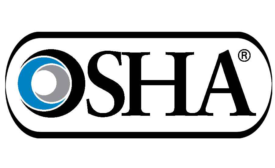Home » Keywords: » whistleblower retaliation
Items Tagged with 'whistleblower retaliation'
ARTICLES
Anti-retaliation policies don’t always stop bullying
Shut down for speaking up
May 11, 2018
DOL sues Lear Corp., three managers who retaliated after employees raised safety concerns
Suit seeks back wages, damages for violations of the OSH Act
March 8, 2016
Never miss the latest news and trends driving the safety industry
eNewsletter | Website | eMagazine
JOIN TODAYCopyright ©2024. All Rights Reserved BNP Media.
Design, CMS, Hosting & Web Development :: ePublishing





